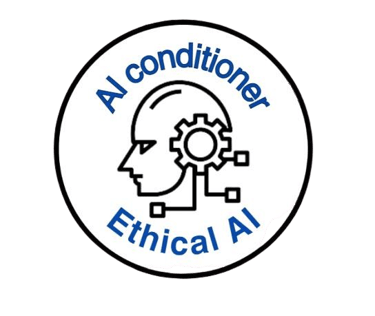AI in Healthcare: Revolutionizing Patient Care
By Avyaay Rathi
1/8/20251 min read


Artificial Intelligence is transforming the healthcare industry by enhancing diagnostics, streamlining treatments, and improving patient outcomes. With its ability to process vast amounts of medical data, AI is becoming an indispensable tool for healthcare professionals.
One of the most promising applications of AI is in medical imaging and diagnostics. Machine learning algorithms can analyze X-rays, MRIs, and CT scans to detect conditions like cancer, heart disease, and neurological disorders with remarkable accuracy. These tools not only save time but also reduce the risk of human error.
AI is also reshaping surgeries with robotic assistance. AI-driven robots enhance precision, reduce surgical risks, and shorten recovery times. For example, robotic-assisted surgeries in orthopedics and cardiology have seen significant success. Virtual health assistants, another AI innovation, monitor patients, provide medication reminders, and answer health-related queries, offering convenience and continuous care.
Additionally, AI accelerates drug discovery by analyzing molecular data and predicting drug interactions. This reduces the time and cost involved in bringing new treatments to market. Predictive analytics also helps healthcare providers anticipate disease outbreaks and allocate resources effectively.
Despite its potential, AI in healthcare faces challenges such as high implementation costs, data security concerns, and the need for regulatory frameworks. To fully realize its benefits, the healthcare sector must address these issues while fostering collaboration between technology developers, medical professionals, and policymakers.
The integration of AI promises a future where healthcare is more accessible, efficient, and personalized, ultimately improving the quality of life for millions worldwide.
